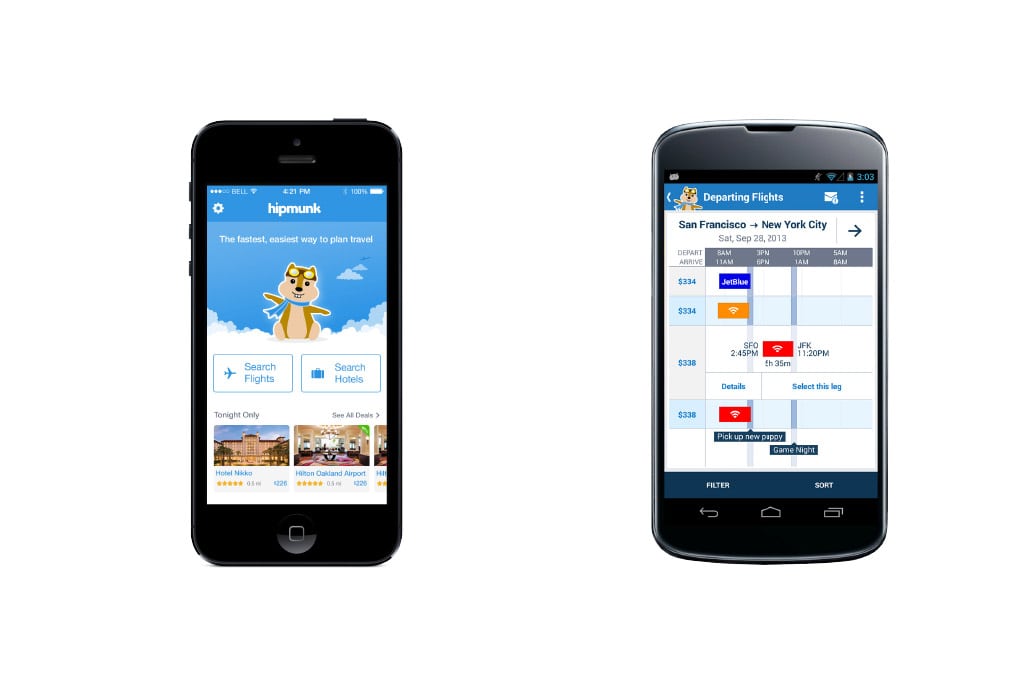Interview: Hipmunk CEO on the Simplicity of Mobile Apps

Skift Take
Download the full report for an in-depth look at how companies in the travel and hospitality industries can leverage mobile applications to better serve their customers and grow their businesses.
Earlier this month we released a new report in the Skift Trends series, Effective Mobile App Strategies of Consumer Travel Brands.
Below is an extract. Get the full report here to get ahead of this trend.
Adam Goldstein, CEO and co-founder of Hipmunk, spoke with Skift earlier this fall about the challenges of enticing consumers to download – and continue to use – travel-based mobile applications.
An edited version of that conversation follows.
Skift: What are Hipmunk’s priorities when it comes to designing and updating mobile apps? What should developers and designers keep in mind?
Adam Goldstein: The first thing is always making sure it’s easy to use. I think a lot of companies put a priority on is pixel-for-pixel between different platforms. If it’s easier to use by showing less information on mobile that’s what we do. And it’s very important that the experience is consistent across devices.
Skift: Can you give an example of some differences in design between smartphone apps and PC sites?
Goldstein: Take hotels, for instance: On the desktop we planned this great side-by-side expe

